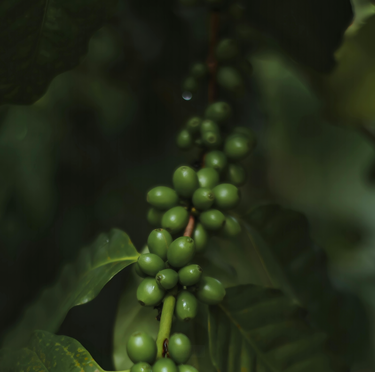TRADITIONAL
Nº 144 Papua New Guinea Lamari
Country: Wonenara District, Eastern Highlands
Process: Washed
Grown / Region: Obura
Altitude: 1700m - 2000m
Varietals: Arusha, Blue Mountain, Typica & Bourbon
Producers: Lamari River Valley Coffee Gardens Co-op
Tasting Notes: Malt, Brown Sugar, Chocolate Orange
Roast Level: Dark 5/5

FARM NOTES:
Named for the Lamari river valley that runs through this region. A smallholder group here produces coffee in some of the most remote coffee growing regions. Unlike many other speciality co-ops, each smallholder processes and dried their own coffee before being delivered to a centralised dry mill for final hulling. Papua New Guinea is a relative newcomer to the speciality coffee scene due to its poor infrastructure, however, recent innovations and access to higher coffee pricing is allowing the region to thrive.
DISCOVERY
Nº 145 Ethiopia Demicha
Country: Guji Region
Process: Natural
Grown / Region: Demicha
Altitude: 2175m
Varietals: Heirloom
Producers: Local Smallholders
Tasting Notes: Parma Violets, Blueberry, Citrus
Roast Level: Light / Medium 2/5

FARM NOTES:
This coffee hails from the Guji growing region on Ethiopia. Historically, traceability from this region has been limited and the nuances of each farm and locality have been lost in coffees combined to form regional lots. However, this is starting to change as more small-scale washing stations are being built and farmers and small co-operatives are able to sell their more distinct coffees. Demicha is a particular sub-area of a small village (Woreda) of coffee producers and so reflects the terroir and traditional farming of the micro-region.
Don’t be too alarmed at how specific these notes are, this just gives you an idea of what to expect. The lavender-like fragrance really does translate to the taste, but natural fruit sweetness then balances this out.
Smallholders neighbouring the Demicha village deliver their fresh coffee cherries to a centralised wet mill. The mill is owned by a growing association that oversees cherry selection and careful drying of the fruit. The cherries are floated to remove over-ripes and debris, before being sun-dried to a humidity of 11%.





